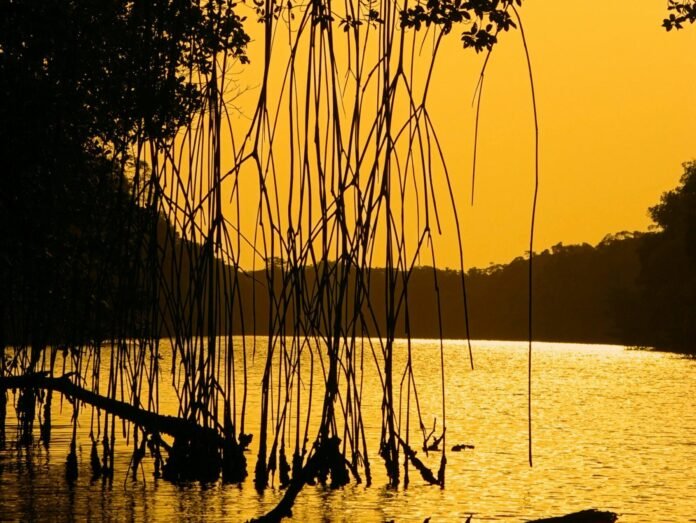In 1964, I drove an old truck from the States into Mexico. It was before the days of passports or toll roads. Just a visa at the border and you were good to go. I got as far as Mazatlan and decided to hang out. I set up my tent and made camp just north of the city in an area of lagoons and mangroves. The only time I saw anyone else was when I drove
to town.
Those mangroves and sheltered lagoons are gone now. Ecosystems that for eons had survived hurricanes and flooding, and were a safe haven to hundreds of species of aquatic creatures, were scrubbed off the face of the earth.
This magnificent biome was no match for an army of wealthy investors hungering to exploit the tourist industry. Nature lost an assault to the development of hotels, concrete condominiums, golf courses, restaurants, and strip clubs. What had been home to flora and fauna is now an ecological disaster — a cheap theme canteen for expats and holidaymakers.
Eighteen years ago, I brought a boat down the Sea of Cortez from Guaymas to Manzanillo. Stops were planned en route for taking on fuel and revictualling. About six hours out from Topolobampo, sea conditions and weather turned against me. What had been great plans and a relaxed schedule changed to an immediate need for ‘any port in a storm.’
It was three o’clock in the morning, pitch-black, and I wanted fuel and flat water. Hopes of fulfilling these needs rested on my ability to cross a shoal entrance into Altata Bay. Any sailor knows; go in fast enough to stay ahead of the following sea and not broach, which is too fast to be able to change your mind. It was a leap of faith that got me in the bay and brought me to a slow stop in the mud.
First light revealed my situation. I had missed a left turn to deep water and now rested marooned a few yards from a thicket of mangroves. From out of a narrow opening, or gap in this tangle of shrub, came three fishermen in a panga. They were able to navigate the shallow water in their much smaller boat. With some line handling and the help of an
incoming tide, these generous men were able to tow me free of my grounding.
In conversation, I learned that they came from a small fishing village that was protected by this thicket of trees. They were proud of its history. During the Franco-Mexican war, General Ramon Corona used this hidden lagoon as a base of operations for his ragtag team of partisan soldiers. He knew that, even if the French learned of his location, they would
not have the ‘intestinal resolve’ to attempt an amphibious assault over the shoal entrance to the bay with their gunships.
In the present day, I skipped my walk around town. Instead, I met up with a local friend and seized an opportunity for a field trip to the latest port construction site.
This is the second major expansion project in just a few years and will lay claim to what some say will be 74 hectares of Manzanillo/Cuyutlan lagoons and mangroves.
When I asked around at the site, I was presented with different numbers. One field engineer told me they were set to ‘remove’ over 220 hectares of ‘vegetation’ and 97 hectares of mangroves. The one consistent thing was a serious level of obfuscation.
Environmental groups from Mexico and other parts of the world are extremely upset by the lack of review processes and transparency. If work continues as planned, Colima will lose almost 90% of its wetlands.
I wanted to take what could be my last look at a remarkable biome — the trees and shrubs that live in the coastal intertidal zone. The Rhizophora mangles that have evolved not only to survive but to thrive in fine sediment and brackish water.
These trees have adapted over the millennia to take in extra oxygen, remove salt, and survive in conditions that would kill most other plants. Mangroves are also our natural buffers to storm surges and hurricanes.
In my sailing years, these trees and their estuaries have on several occasions been my refuge from major storms and inclement weather.
I didn’t just come this morning to see a building project; I came to say goodbye and farewell to a friend — the mangroves.


